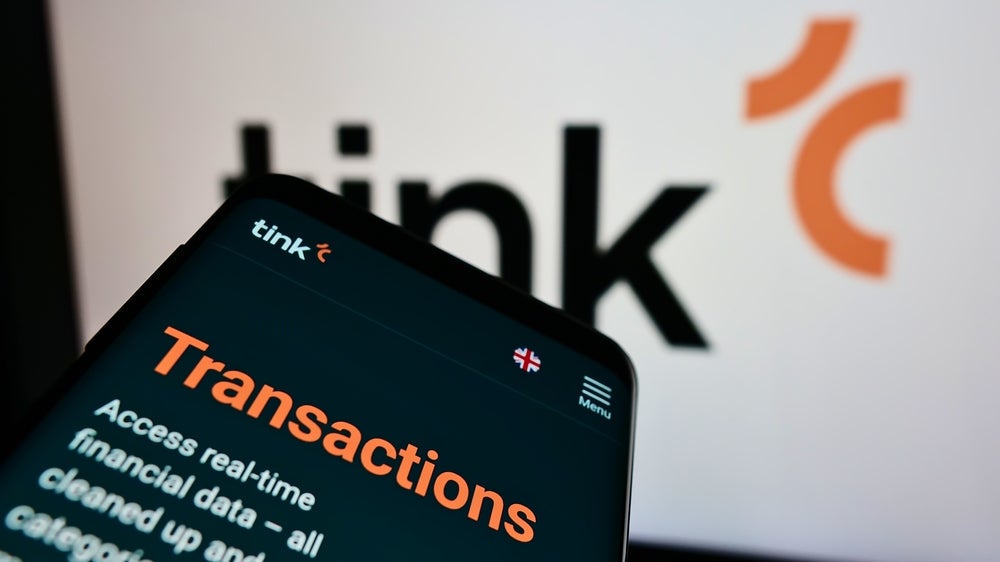 There are not many companies
There are not many companies
that have benefited from the recent global economic meltdown, but
Tata Consultancy Services is one of the few that managed to tap
into the upsurge of interest in outsourcing as organisations
worldwide hurried to streamline costs and operations. Victoria
Conroy reports.
The last two years have been good for
Tata Consultancy Services (TCS), which has seen an unprecedented
upswing of interest in outsourcing – a field in which the company,
which is also part of Tata, one of the best-known diversified
conglomerates in the world, is already well-established.
Mike Mathias, director of banking, financial
services and insurance practice at TCS UK, spoke to EPI to
explain how the company viewed the recent global economic crisis as
something of a mixed blessing.
“We certainly felt that the financial crisis
was a double-edged sword in the sense that a lot of spending plans
were put on hold or delayed considerably. Just over a year ago we
suffered because of that and we had to slow things down ourselves,
just like most other businesses. But we also saw it as an
opportunity, because we recognise that in increasingly tough times,
banks were going to be taking a very close look at their costs,
whether they were IT costs or operational costs,” Mathias told
EPI.
“We felt that as a leading value-for-money
provider in the banking world, that would put us in good stead in
the longer-term and I’m glad to say that it has. The last three
quarters have been very good for our banking business, we’ve
continued to increase our market share, and we’ve won nine new
names in the UK in the banking and insurance space in the last 12
months.”
How well do you really know your competitors?
Access the most comprehensive Company Profiles on the market, powered by GlobalData. Save hours of research. Gain competitive edge.

Thank you!
Your download email will arrive shortly
Not ready to buy yet? Download a free sample
We are confident about the unique quality of our Company Profiles. However, we want you to make the most beneficial decision for your business, so we offer a free sample that you can download by submitting the below form
By GlobalData
A shift in attitudes towards
outsourcing
According to Mathias, the gains made by
TCS have been driven partly by a readjustment on the part of banks
who were previously resistant to outsourcing.
“There were a lot of banks that were not
willing to talk to us, who got off their high horses and became
less self-centred and started to realise that they couldn’t do
everything themselves and wanted help. We’ve now engaged with some
major banks that before weren’t particularly interested in talking
to us. That’s been the positive for us. There have been more
enquiries and we are busier than we were 12 months ago,” he
said.
Although some areas of outsourcing have seen a
sharp rise in interest, there are some business elements which
remain a constant.
“IT remains a core area and organisations
continue to look at how they can improve their IT operations,”
Mathias told EPI.
“IT operations have moved on in the sense that
we went through an initial phase of outsourcing and offshoring from
the banks in the early part of this decade, and those outsourcing
arrangements have either come to an end or they’re still underway.
But banks are dissatisfied with them in the sense that the original
contracts were characterised as being fairly cautious.
“A lot of the arrangements were based upon
labour arbitrage and resource augmentation. The world has moved on
– banks have become far more sophisticated in their needs and they
want more from the outsourcing arrangements that they have.”
According to Mathias, the trend of banks in
establishing their own captive set-up units, in order to take
control of cost arbitrage, is also undergoing something of a
transformation.
Having initially set up in places like India,
banks now have near-shore captives in areas such as Scotland, where
rates are slightly lower than in London. Eastern Europe and the
Asia-Pacific region are also favoured places for captive
operations.
“But again, banks haven’t been fully satisfied
with their captive operations,” Mathias told EPI. “The
fact that organisations are looking for transformational change
means they’re looking for partners who will set up arrangements or
business models with them and will be far more closely aligned with
their business, and focused on business outcomes, rather than the
input that you put into an approach. Banks are now far more
interested, as they should be, in the outputs – what business value
is actually generated?
“Those things put us in good stead because we
want to be more closely aligned with the banks. We want to be
measured and rewarded on business outcomes. The models are changing
and it’s less about cost arbitrage, which isn’t enough any more,
and it’s more about radical improvements and transformational
initiatives from an IT and business process perspective.”
Cost savings continue to drive
outsourcing
Certainly, cost saving remains the most
commonly cited reason for outsourcing. Although cost savings will
vary depending on the size and operational state of the bank,
Mathias says that in the current climate, banks are more open about
the degree of change they’re willing to undertake.
“If they’re in a bad way, if they’re
disorganised and costs are high, then the potential savings are
going to be that much larger. But banks are in a much better state
than they were 10 years ago.
“There are organisations out there that are
being very open and have looked at large-scale change. You can look
at cost savings of 40% and more. We’ve certainly delivered cost
savings to some large organisations in the UK of 45% and more when
we’ve been given the opportunity to come in and re-engineer IT and
back-office processes.”







